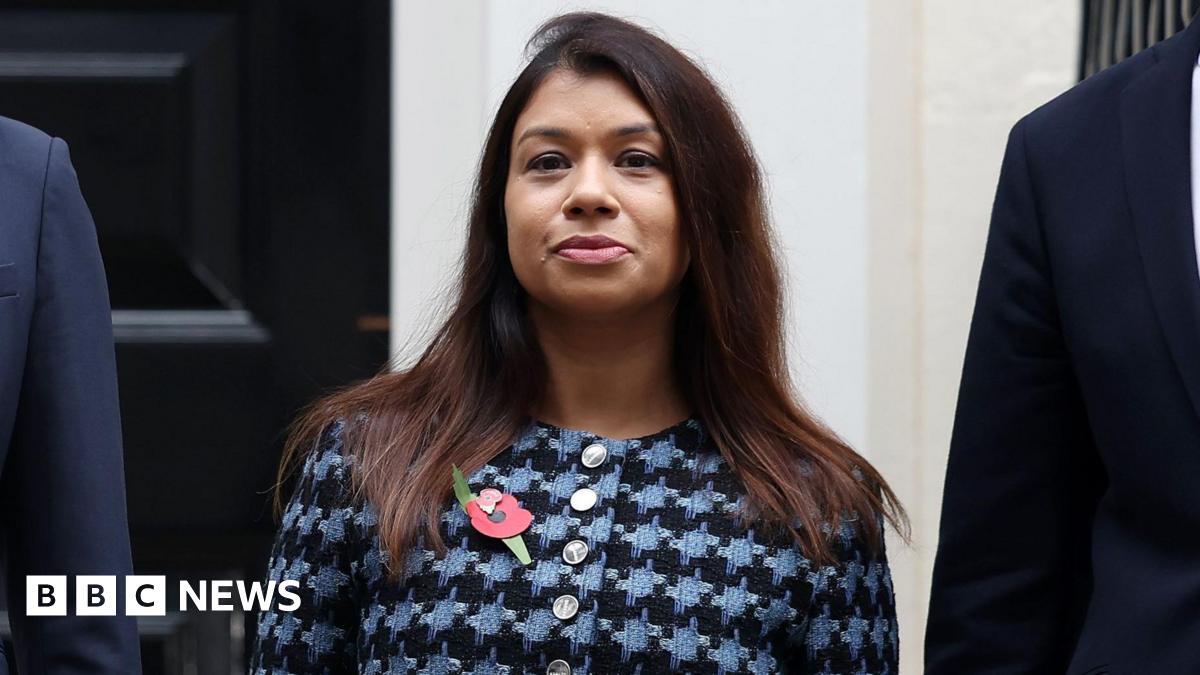Receive free Spanish politics updates
We’ll send you a myFT Daily Digest email rounding up the latest Spanish politics news every morning.
Spaniards go to the polls on Sunday with the choice of re-electing Pedro Sánchez and his fractious leftwing alliance or letting conservatives reverse the prime minister’s reforms in a possible pact with the hard right.
Most polls suggest the opposition People’s party will win the snap general election but fall short of an outright majority. Alberto Núñez Feijóo, the PP leader, will probably need the support of the Vox party to take office, meaning the hard right could enter government for the first time since Spain’s return to democracy after the death of dictator Francisco Franco in 1975.
A conservative win would make Spain the latest European country to shift to the right, joining Italy — whose prime minister Giorgia Meloni appeared via video link at a Vox rally this month — as well as Greece, Sweden and Finland.
Feijóo has vowed to bring competence and “dignity” to government, restore faith in institutions and to repeal or modify laws that enshrined transgender rights, decriminalised euthanasia and aimed to tackle the legacy of Spain’s civil war.
He describes himself as a moderate, but an alliance with Vox would bring demands for radicalism. The hard-right party led by Santiago Abascal is sceptical about climate change, hostile to immigration and wants to scrap a law that cements LGBT+ rights.
Sánchez, who leads a Socialist-led coalition, has been the underdog since suffering a drubbing in May local elections. He insists he will win “against all the odds” and warns that the PP and Vox would drag the country from 2023 back to “1973”.
In an interview with the El País newspaper, he said: “There’s something that’s far more dangerous than Vox, and that’s having a PP that assumes the policies and postures of Vox.”
Sánchez has only a 15-16 per cent chance of securing another term, according to El País simulations. There is a 55 per cent chance of a PP-Vox coalition, but it is possible that Spain’s gaggle of small regional parties means neither the right nor left blocs reach an absolute majority of 176 seats in the 350-seat congress. That would open the door to repeat elections, as happened in 2015-16 and 2019.
The prime minister wanted to fight the election on two fronts: the economy, which has headline inflation of just 1.9 per cent and high employment by Spanish standards; and his legislative achievements, which include reforms to boost pensions, end the abuse of temporary job contracts, regulate housing rents and improve access to abortions.
But he is trailing because the PP has made the campaign about the prime minister’s character and the “Frankenstein” political alliances he struck to pass laws.
The outcome will depend on how many disgruntled Socialist voters the PP can woo, how many rightwingers it can pull back from Vox and whether Sánchez can energise leftwing voters with his warnings about ultraconservatives.
Pollsters predict a high turnout of more than 24mn voters. Although record numbers have voted by mail from the beach because Sánchez called the election in holiday season, long queues are expected before polling stations close at 8pm on Sunday.
Feijóo has pitched a few clear ideas such as cutting income taxes, reducing the size of government and slowing the transition to more green energy. But his campaign has been mostly negative and revolved around the goal of ending “sanchismo”, a political creed he has defined as a “sum of lies, manipulation and nastiness”.
Lorenzo Bernaldo de Quirós, president of Freemarket, a Madrid-based consultancy, said: “The elections are not won by the opposition. They are lost by the government. Feijóo’s stance has been that the government has done badly and that he needs to just avoid making mistakes and be a force for tranquility.”
Feijóo’s hammering of a message about Sánchez’s “lies” has hurt the prime minister. Most damaging were Sánchez’s pledges not to work with political parties whose votes he ended up relying on to pass laws.
One controversial ally is the radical leftist Podemos party with which he formed a volatile coalition in 2019 — the first such governing alliance in modern Spain. Podemos took the blame for a botched sexual consent law that ended up cutting the prison sentences of more than 1,000 convicted sex offenders.
When Feijóo assailed Sánchez over the law in the pair’s only election debate, the prime minister lost his cool and, according to pundits, the contest.
The prime minister has also been wounded by his reliance on the parliamentary votes of EH Bildu, a Basque separatist party led by a convicted member of the disbanded Eta terrorist group. He has been criticised too for courting Catalan separatists by pardoning nine leaders jailed over an unconstitutional 2017 referendum.
In recent weeks, governing pacts between the PP and Vox at municipal and regional level have underscored some of Sánchez’s warnings. The two parties have eliminated environment departments, scrapped equality initiatives and banned LGBT+ flags on public buildings.
In the campaign’s final days Feijóo was criticised for refusing to take part in a second debate with Sánchez and had to pause campaigning because of a bad back. He was also caught making the false claim that the PP had always increased pensions in line with inflation when in government.
Máriam Martínez-Bascuñán, a political scientist at the Autonomous University of Madrid, said the campaign had taken Spain’s political polarisation to new levels.
“One of the things that has struck me most is that both sides use the same language,” she said.
“The word lie no longer means anything. There’s a confrontation where they’re both accusing each other of lying. We have a problem because they’ve emptied those words of meaning.”
Credit: Source link











